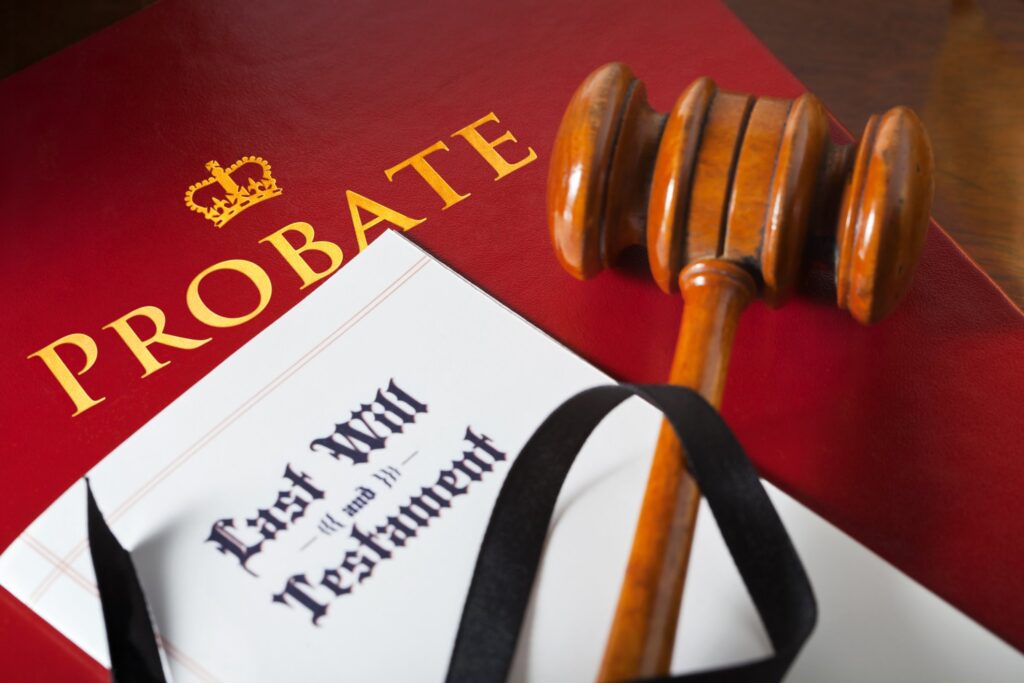
At the Probate Court for adjudication of a decedent's Last Will & Testament.
A lot of people are not familiar with or confused with trusts being a part of an estate plan. While some people must have a trust, others don’t. Then, it is important to know about the probate process. Does this process affect having a trust? It is necessary to have a trust to avoid probate? If you want to learn more about probate estate administration with an emphasis on trusts, keep reading:
How a Trust Works
Trusts come in various kinds, accomplishing different estate planning goals from avoiding probate to minimizing estate tax exposure. In general, trusts are written documents that explain the way you want the money you place into a trust to be spent while you are still alive and distributed when you pass away. A trust involves the grantor, trustee, and beneficiaries.
In addition, a living trust must name a trustee or successor to manage the trust when the original trustee can no longer perform their duties. Because this trust is revocable, it can be removed or amended when the grantor wants to.
Reasons for Creating a Living Trust
All assets put into a Trust you made during your lifetime will not go through the probate process after you pass away. If you own assets solely in your name and you die, the probate court will supervise how these assets will be distributed. Probate administration includes filing different forms, attending hearings, reporting assets and expenditures, letting creditors bring their claims to a forum, and notifying interested parties. When assets are properly moved into a living trust, they will avoid the paperwork and probate administration.
Moreover, making a living trust keeps things private. If your will goes through probate, it will be available for the public to read. But a living trust’s terms aren’t public. You may want to have privacy if you want to leave unequal distributions to your kids or make donations to some charities.
Also, a living trust makes sure your assets are properly managed when you become mentally or physically unable to manage them yourself. Transferring such assets into a living trust allows your chosen successor trustee to manage the assets based on the terms you have established.
It is important to Fund a Trust
You can only benefit from a Trust if you fund it. Also, you must review all assets in your name to ensure the appropriateness of such ownership in light of your wishes to avoid probate when you die.




